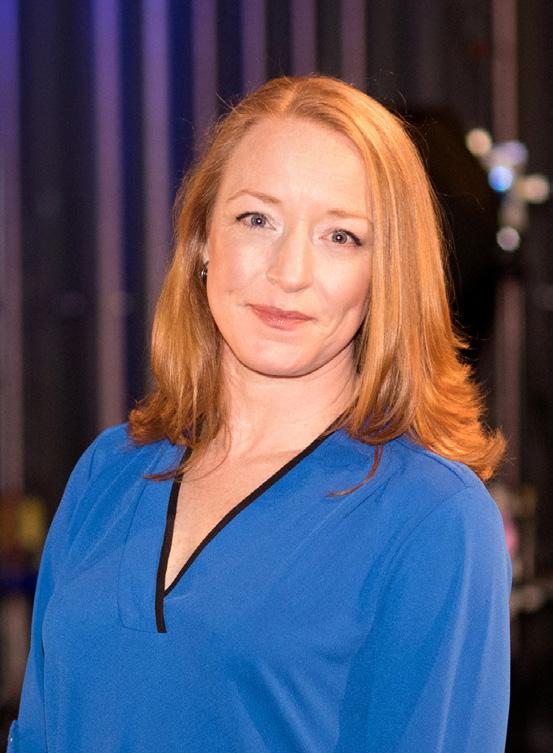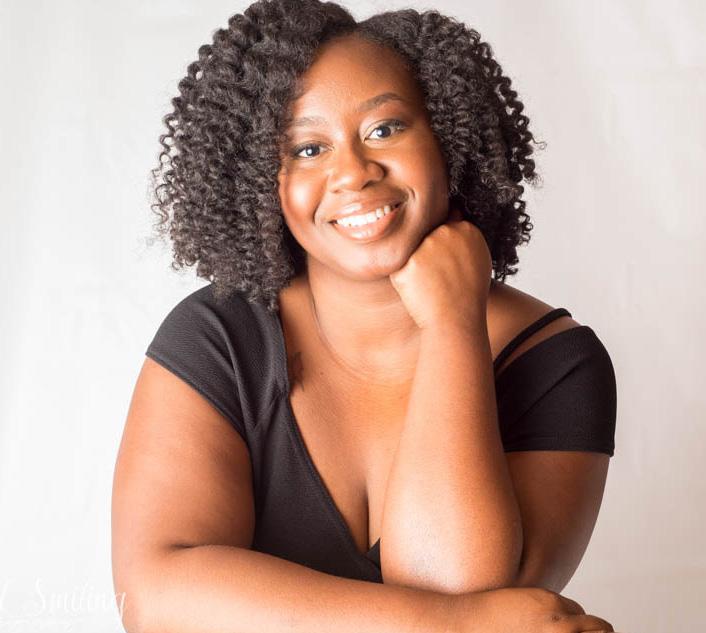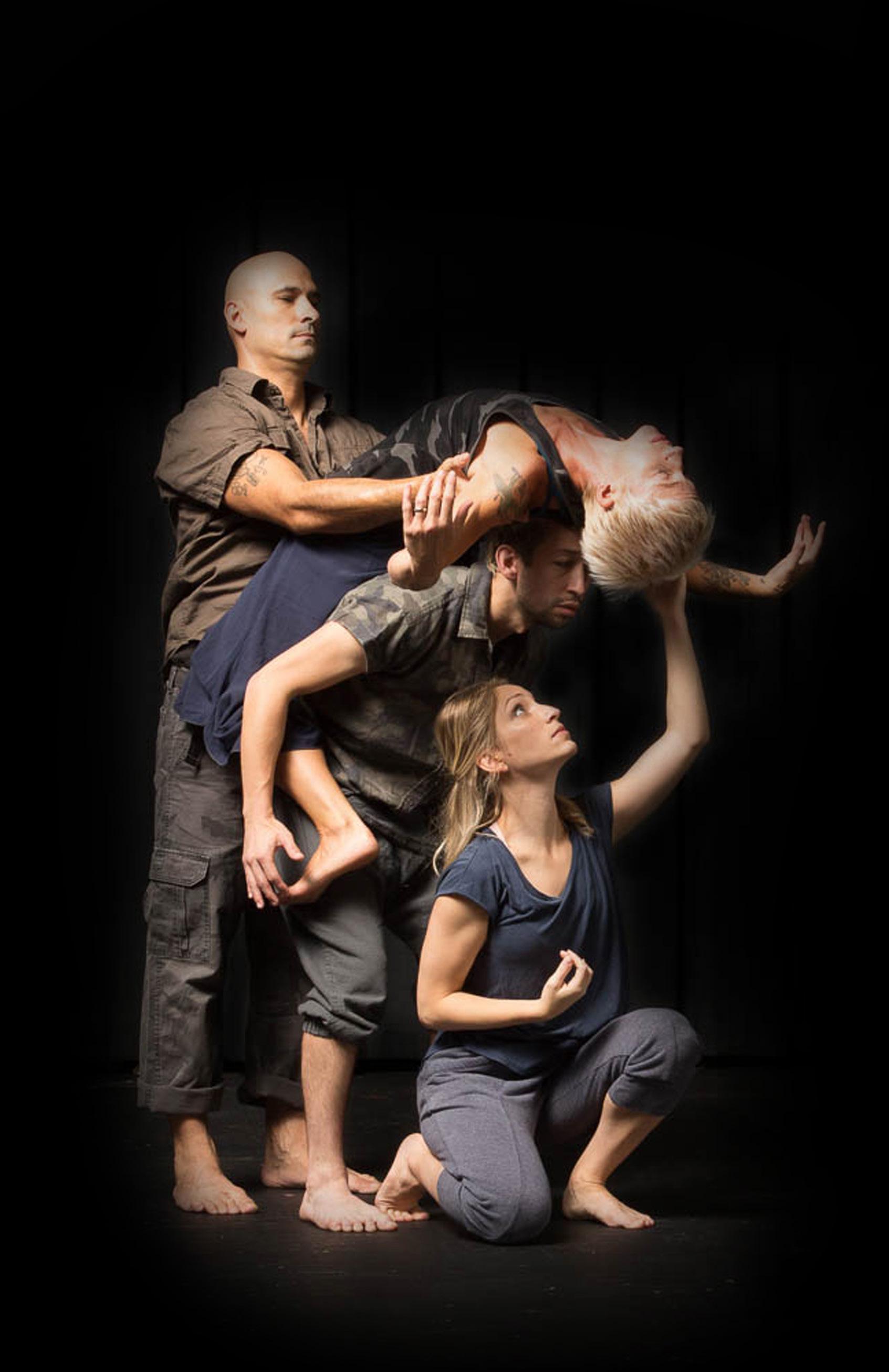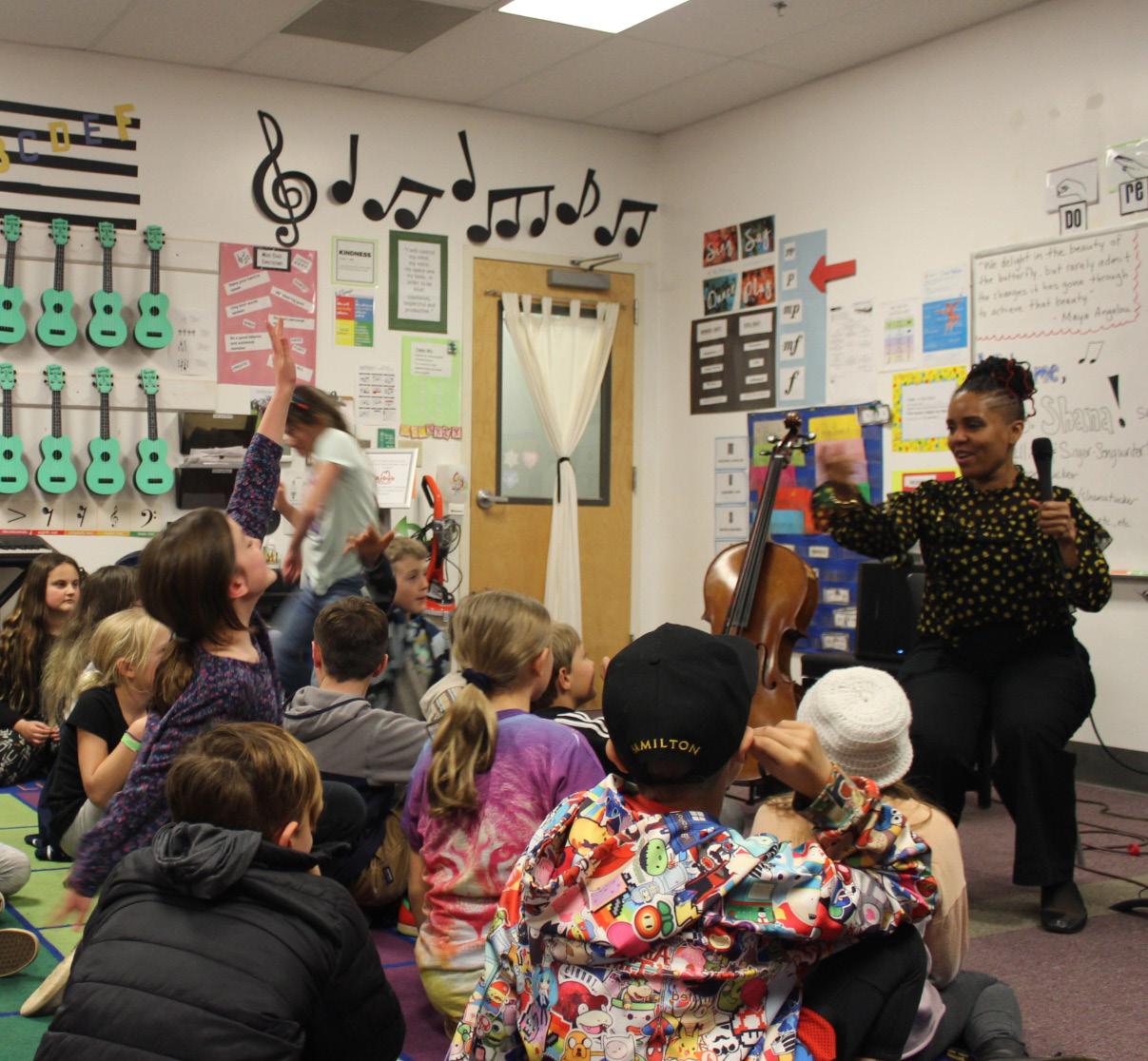
1 minute read
WHO TELLS OUR STORY
by Rae Geoffrey, Managing Director, Wortham Center for the Performing Arts
Advertisement
Let’s be honest. Black History month exists in part because Black people have long been left out of the narrative of American history. The story of our nation is contrived, controlled, and conscribed by white men.
Wait. This sounds political. Uh oh. Should I click away? Could this be controversial? Why are you even talking about this? What does this have to do with an arts center? Aren’t you here to entertain us?
Yes. And more.
At the Wortham Center, we are in the business of stories — the keepers, tellers, and writers. As such, our mission stretches beyond entertainment to build a future that reflects and celebrates the totality of our collective experiences, to present and cultivate works that represent who we are as a people, who we choose to become and why, and to build tomorrow’s artists, philanthropists, and leaders.
It is our obligation and pleasure to make sure everyone is included in the story.

Choreographer Ronald K . Brown leads a community dance workshop at the Arthur R . Edington Education & Career Center in Asheville.
The arts hold our history. Through song, dance, theatre, poetry, we document and celebrate the human experience. But what happens when only a part of humanity has access to the arts? When the ability to experience a play, take a dance class, play an instrument or participate in a school choir, is limited to those with means?
When that happens, our story morphs into a false narrative. It becomes dominated by the voices who have the ability to participate in its creation and dissemination.
When the arts are accessible to everyone, our story changes and becomes more representative of the richness and totality of our experiences.
To change the narrative, those with privilege must use it to make sure everyone has access.
Black history is our history.

Rae Geoffrey, Managing Director, Wortham Center for the Performing Arts






